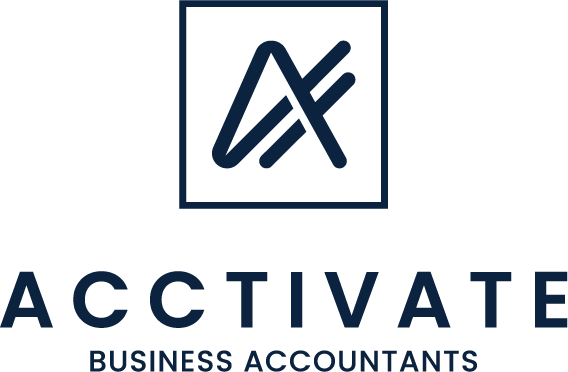
Business Expense in Australia: What Can You Actually Claim As A Tax Deduction?
Running a small business comes with all sorts of challenges, and figuring out what counts as a business expense in Australia is one of them. You’re not just managing clients and sales; suddenly, you’re expected to be a part-time tax expert too. So when tax time hits, it’s completely normal to wonder: Can I actually claim this?
If you’ve ever second-guessed a business expense or worried about overstepping the line with the ATO, you’re not alone. Understanding what business expenses are tax deductible in Australia can feel like trying to read a foreign language. That’s why we’ve broken it down in plain English—what you can (and definitely can’t) claim, with real-world examples and official links to help you stay confident and compliant.
What You Can Claim as a Business Expense in Australia
Let’s start with the good news—there’s a wide range of expenses you can legally claim, so long as they directly relate to running your business. Here are some of the most common tax deductions for small businesses in Australia:
1. Training and Development
Taking a course to sharpen your skills or keep up with industry changes? That’s usually tax deductible. Whether it’s a short workshop, an online course, or professional development day, if it helps you do your job better, it counts.
2. Motor Vehicle Expenses
If you use your car to visit clients, attend meetings, or run errands for your business, you can claim part of the costs—like fuel, rego, servicing and even depreciation. Just remember: you need a valid logbook or use the cents-per-kilometre method to keep it all above board.
3. Travel Expenses
Heading interstate for a conference or to meet with clients? Flights, hotels and ubers during work are usually deductible. But if you tack on a beachside weekend, you’ll need to separate the personal part of the trip—it’s not claimable.
4. Accounting Fees
Good advice isn’t just smart, it’s deductible. Whether it’s tax planning, BAS lodgement, or accounting advice, these are legitimate business expenses. And yes, that includes paying your accountant at EOFY!
5. Bank Fees and Interest
If you’ve got a business loan, credit card or dedicated business bank account, the interest and account fees are fair game for deductions. Just keep personal and business banking separate—it’ll save you headaches later.
6. Donations to Charities
Giving back feels good—and can give your tax return a boost too. Donations to registered Deductible Gift Recipients (DGRs) can be claimed. You can check if a charity qualifies using the ABR DGR tool.
7. Bad Debts
Chased a client endlessly and finally had to write it off? That bad debt may be deductible—if you’ve already reported it as income in your books.
8. Repairs and Maintenance
Routine fixes like patching a leaky roof, replacing broken equipment, or servicing a work vehicle? These are all claimable. Just note that major upgrades (e.g., installing a new aircon system) might be considered a capital expense and need to be depreciated.
9. Office Rent and Utilities
Renting a shopfront or office? That’s an obvious deduction. If you work from home, you can claim a portion of your rent, power, internet and even cleaning—based on the space you use for work.
What You Can’t Claim
Now let’s talk about what not to put on your tax return. Some things are off-limits, no matter how “business-related” they might feel.
1. Fines and Penalties
Got pinged for a late tax payment or parking fine outside a client meeting? Sorry—these aren’t deductible. The ATO won’t reward rule-breaking.
2. Entertainment
Shouting a client to lunch, buying employees tickets to concerts, or hosting an end-of-year party? Even if it helps build relationships, the ATO calls it “entertainment,” which generally isn’t deductible.
(There are a few exceptions, but they’re rare—ask your accountant before claiming anything here.)
3. Late Super Payments
Paying superannuation late? Not only could you cop penalties, but you also lose the ability to claim it as a deduction. Always pay on time to avoid the Super Guarantee Charge.
4. Personal Expenses
It seems obvious, but it happens: groceries, clothes, personal phone bills, gym memberships—none of these are deductible just because you paid using your business account.
Acctivate’s Take on Record Keeping
Here’s where most small businesses get tripped up—not in what they claim, but in how they back it up. You need clear records: receipts, bank statements, invoices, and in some cases, written justifications (like your travel diary or car logbook).
Using cloud accounting software and working with a reliable bookkeeper or accountant will make tax time so much easier—and help you sleep better knowing you’ve dotted all your i’s.
At Acctivate Business Accountants, we help Australian small business owners take the guesswork out of tax time. Whether you’re a startup or an established business, we’ll help you stay compliant and claim everything that’s legally possible. The items listed in this article are general in nature and you should consult Acctivate Business Accountants if you’d like professional advice.
Need help sorting your business expenses this year? Get in touch with us and let’s chat.